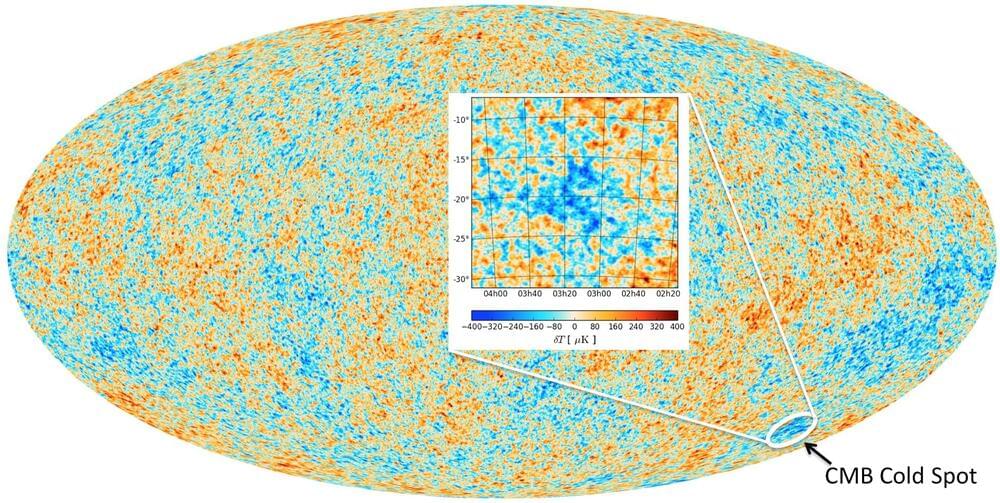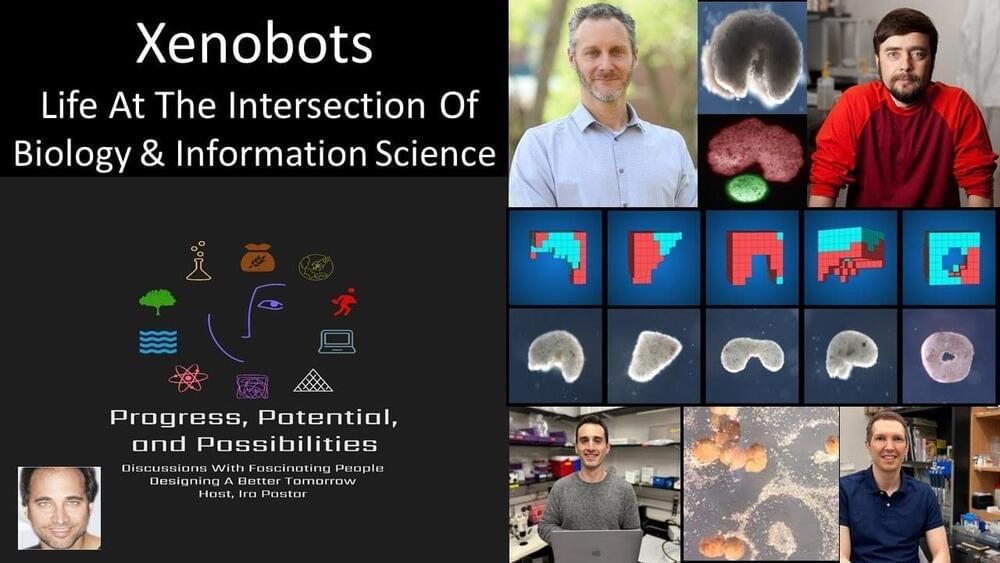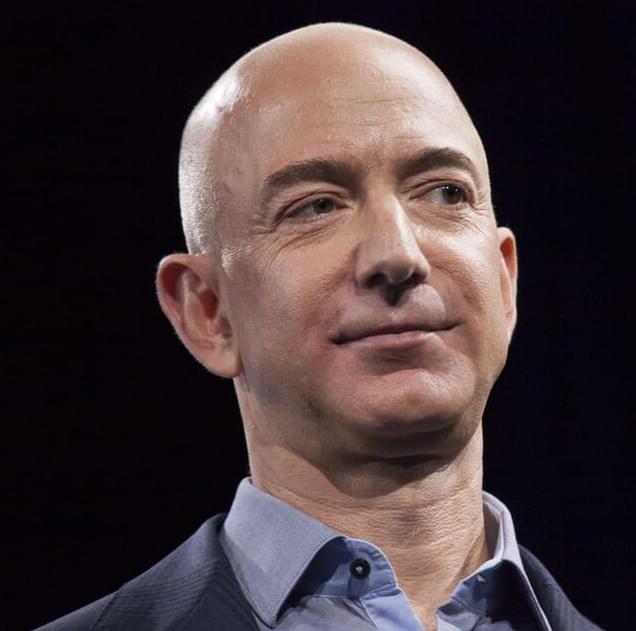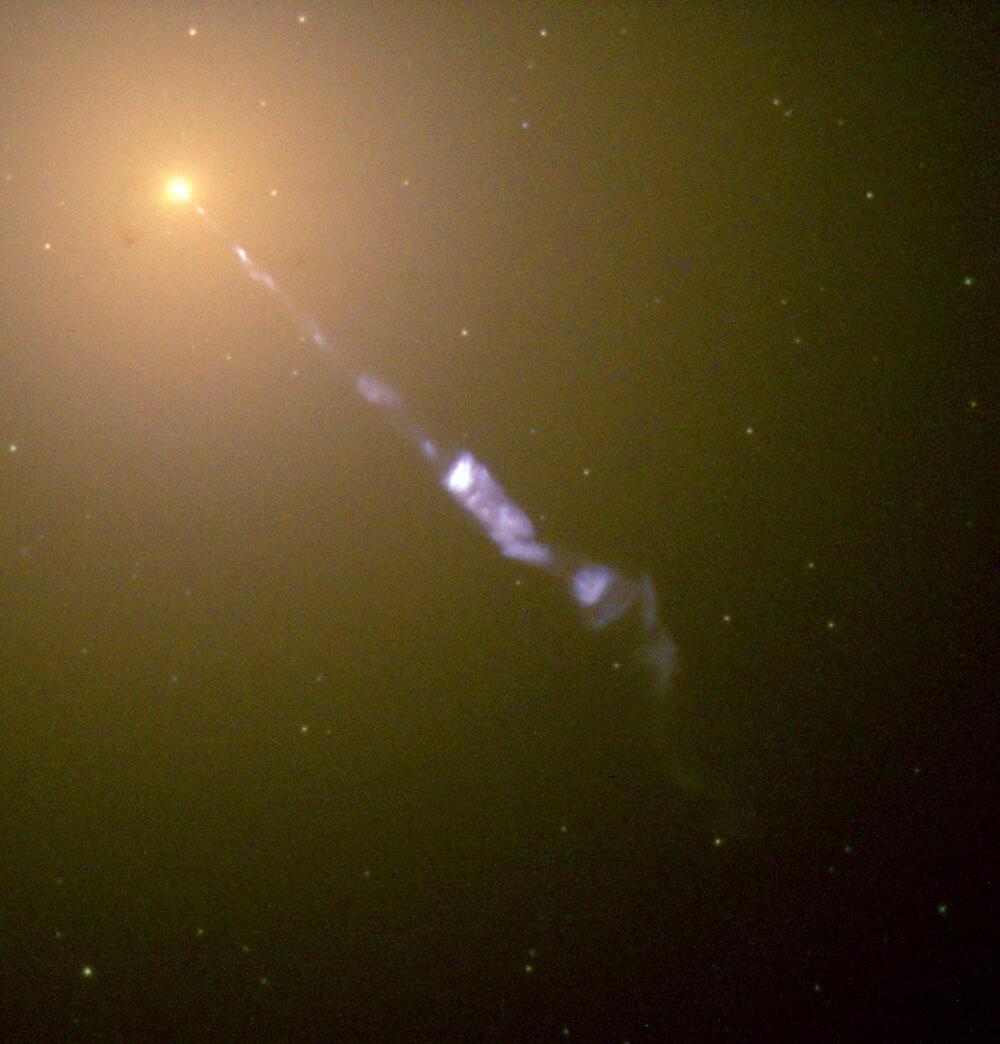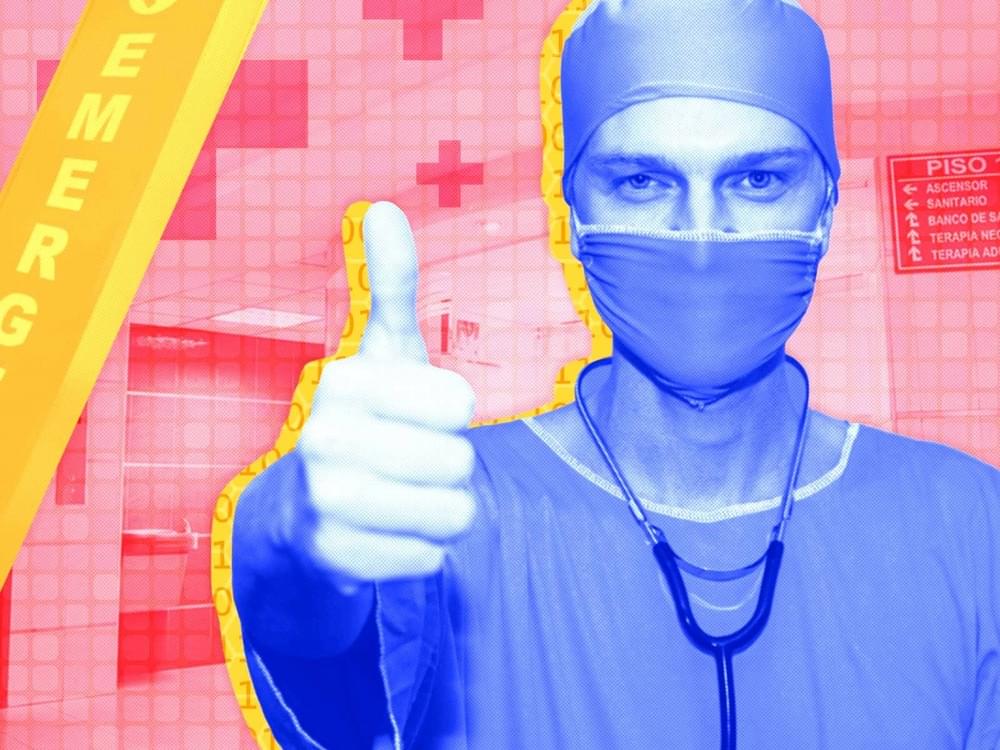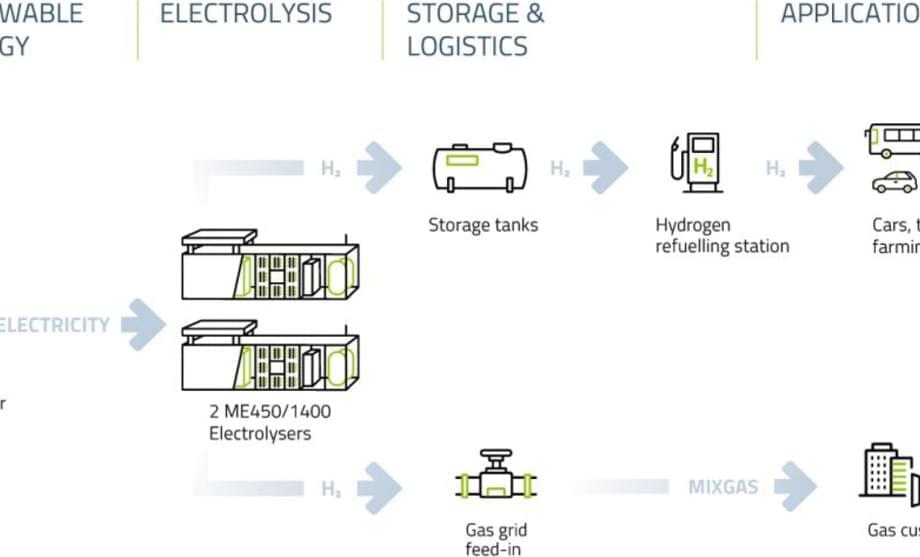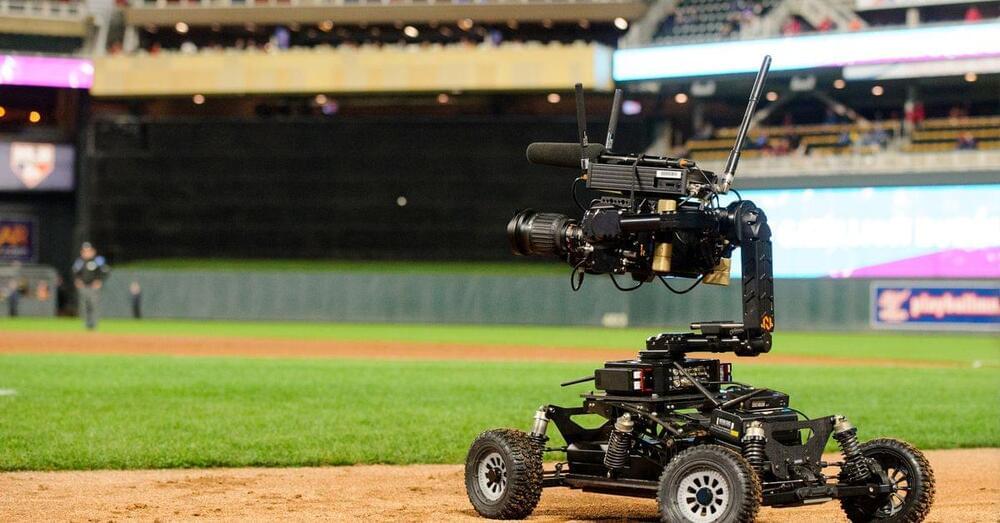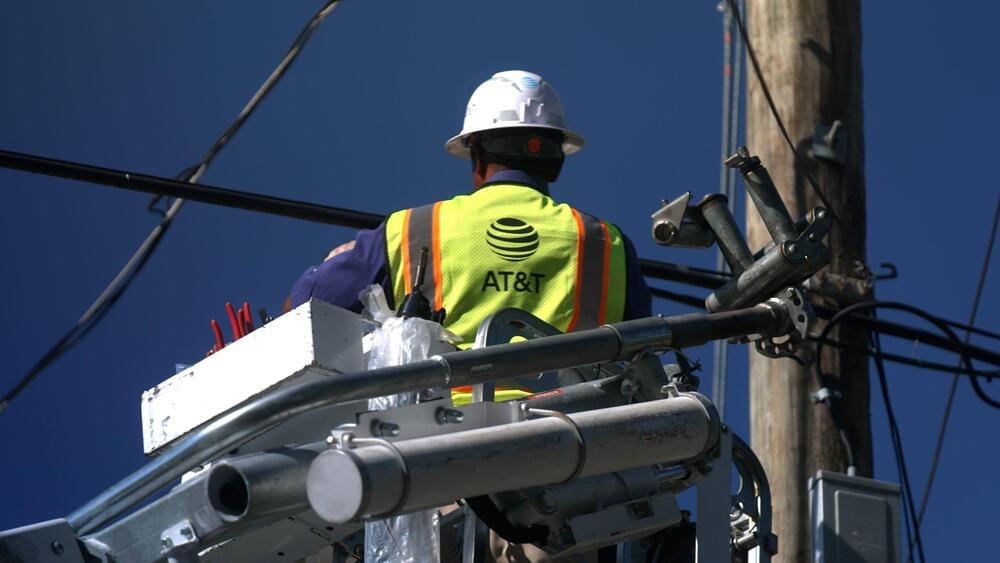According to our current Cosmological models, the Universe began with a Big Bang roughly 13.8 billion years ago. During the earliest periods, the Universe was permeated by an opaque cloud of hot plasma, preventing atoms from forming. About 380,000 years later, the Universe cooled to a temperature of about-270 °C (−454 °F), which converted much of the energy generated by the Big Bang into light. This afterglow is now visible to astronomers as the Cosmic Microwave Background (CMB), first observed during the 1960s.
One peculiar characteristic about the CMB that attracted a lot of attention was the tiny fluctuations in temperature, which could provide information about the early Universe. In particular, there is a rather large spot in the CMB that is cooler than the surrounding afterglow, known as the CMB Cold Spot. After decades of studying the CMB’s temperature fluctuations, a team of scientists recently confirmed the existence of the largest cold spots in the CMB afterglow – the Eridanus Supervoid – might be the explanation for the CMB Cold Spot that astronomers have been looking for!
The research was conducted by the Dark Energy Survey (DES), an international team of researchers made up of 300 scientists from 25 institutions in seven countries. The research team was led by András Kovacs, an astrophysicist with the Instituto de Astrofísica de Canarias (IAC) and the University of Laguna in Tenerife, Spain. The results of their study, titled “The DES view of the Eridanus supervoid and the CMB cold spot,” appeared in the Monthly Notices of the Royal Astronomical Society on December 17th, 2021.
